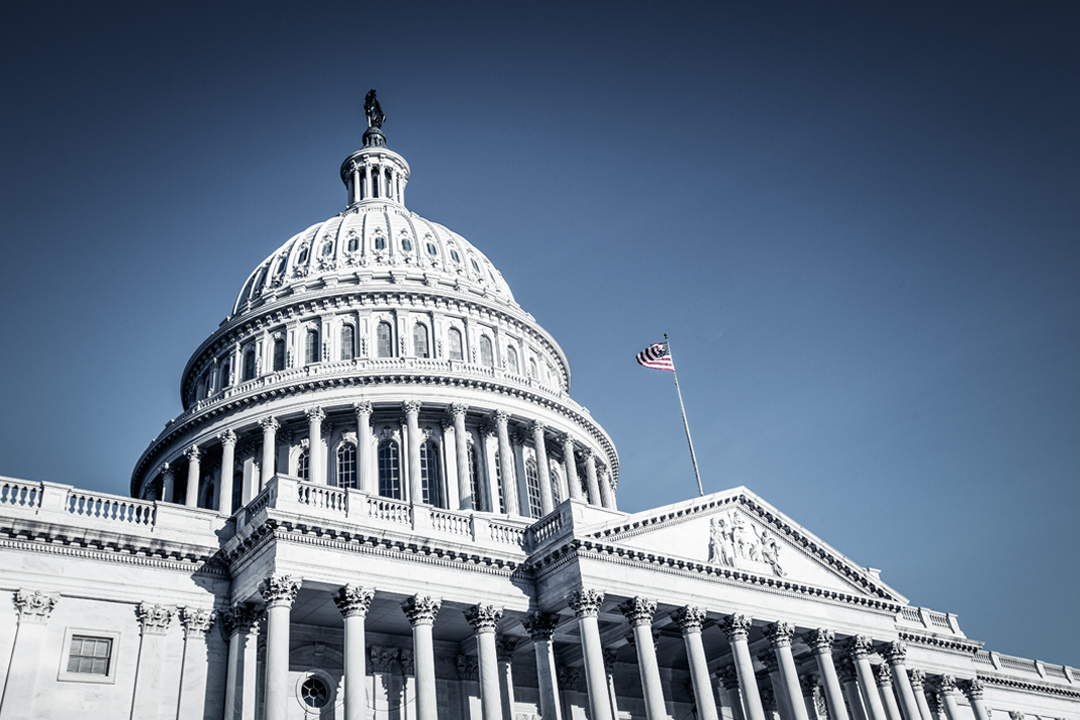On Tuesday, September 5, the Trump administration formally announced the end of the Consideration of Deferred Action for Childhood Arrivals (DACA) program. The program, which protects nearly 800,000 young adult—often referred as "Dreamers"—unauthorized immigrants from deportation, was established by the Obama administration in June 2012. This gives Dreamers both a temporary grant of protection from deportation and a permit to work legally in the United States. These individuals are protected for two years; after that, they have to apply to renew the protections. The program did not give them a path to become U.S. citizens or even legal permanent residents.
Through this program, young people were able to obtain valid driver's licenses, enroll in college, legally secure jobs, and pay income taxes. Many legal scholars from various parts of the country have shared their opinions on President Trump's decision to end DACA. Professor Jonathan Turley, J.B. and Maurice C. Shapiro Professor of Public Interest Law, has been analyzing the situation and has shared his thoughts on the latest changes in The Hill and USA Today. He answered a few key questions about the program and its future below.
Trump decided to end DACA but gave Congress a window to save it (six months). What happens to the Dreamers now?
The presumption is that there will be no immediate change during the six-month period. The White House is clearly hoping for legislation and Trump said that he would "revisit" it if there is no legislative fix.
Is there any hope now for the Dreamers? Some lawmakers have proposed a bipartisan measure that could protect them from deportation.
Yes, there is clear bipartisan support for a DACA bill. However, there remains core GOP opposition to any amnesty plan. It is hard to say how the votes will shake out but GOP leadership is clearly supportive of the bill. Notably, this include Speaker Paul Ryan. The last bill died in the House but passed the Senate during the Obama Administration. So there is a basis for hope.
The Trump administration says it's phasing out DACA in a way that will provide "minimum disruption." So what's the administration planning to do?
Not clear but there does not appear to be a plan for any round out of dreamers. These individuals are afforded a two-year renewable deferred action status for deportation. One possibility is that they will be allow to remain under the earlier deferral period and simply not renewed.
What will happen if Congress does not act?
Then the program will no longer renew the deferred action status for dreamers and they will be subject to deportation. However, that would place them in the prior undocumented status of other individuals and there is no special deportation effort currently announced.


